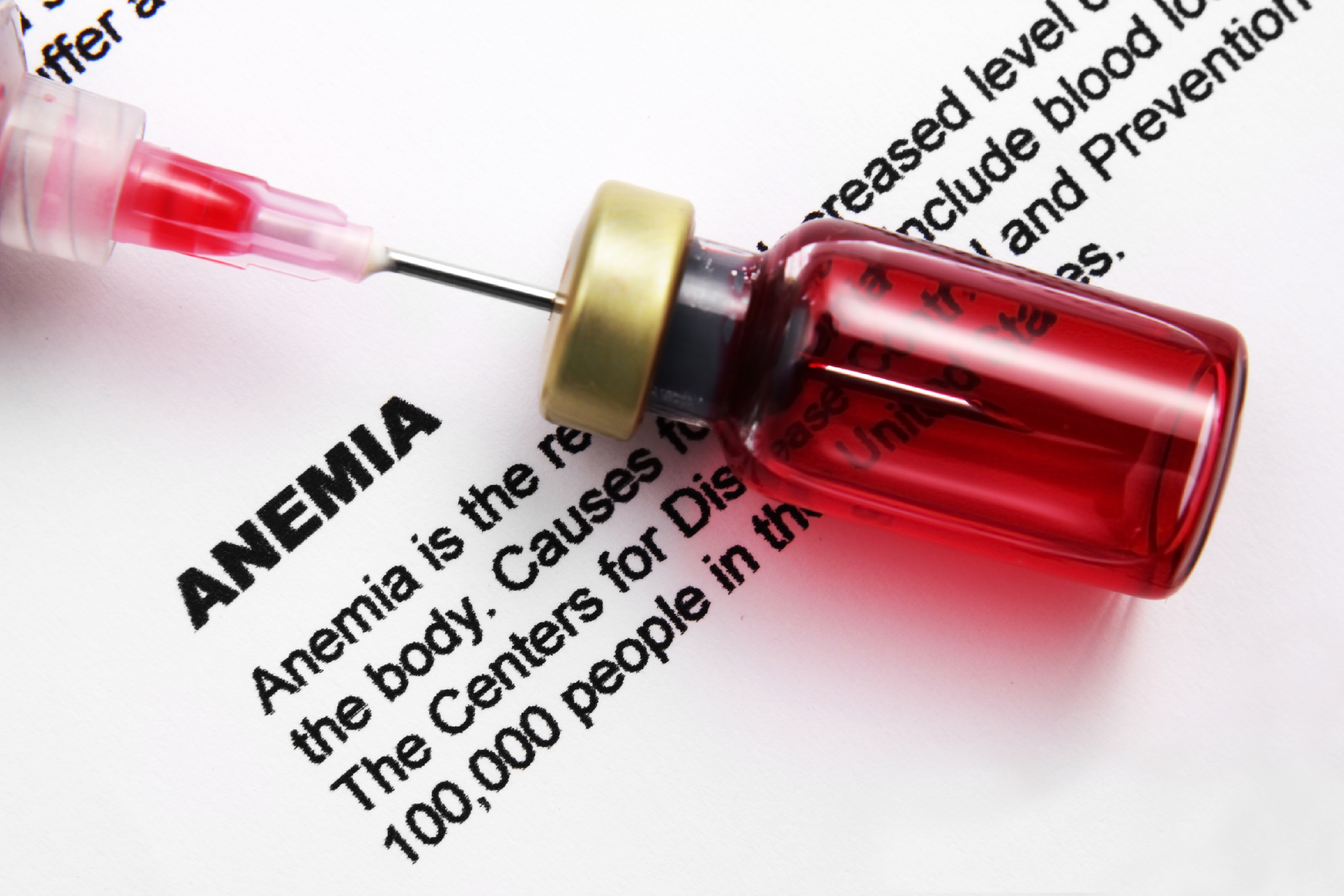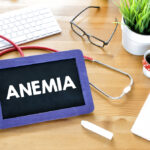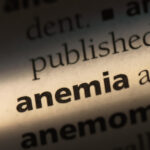Our Blog
What Is Anemia?

Wondering if you are dealing with anemia? With demands facing us each and every day, feeling worn-out is normal. However, tiredness upon waking in the morning may be a sign of something more serious.
Specifically, it could indicate anemia, a condition in which your body does not have enough healthy red blood cells to supply your body’s tissues with adequate oxygen. And, while this may cause some alarm, common forms of anemia can be addressed naturally and in many cases, prevented.
What is Anemia?
As mentioned, anemia is a condition in which the body does not have enough healthy red blood cells (RBCs) to transport oxygen that tissues need to survive. There are several types and it can range from mild to severe and temporary to long-term. More than 1.6 billion people around the world are faced with this condition with women and those with chronic disease being at a higher risk.
While it may stand alone, it could also be indicative of further issues or disease. To test for it, hemoglobin is measured through a blood sample. Hemoglobin is the protein found in RBCs that helps transport oxygen from the lungs to body tissue. Normal hemoglobin levels range from 13.2 to 16.6 grams.
Symptoms
Symptoms can vary depending on the cause and severity of this condition. Common symptoms include:
- Weakness and fatigue
- Shortness of breath
- Chest pain
- Yellowish or pale skin
- Irregular heartbeat
- Headaches
- Dizziness
- Lightheadedness
- Cold hands and/or feet
Causes and Types
We know that a person is anemic when he or she does not have enough healthy red blood cells to transport oxygen. This could be a result of the body not making enough RBCs, the body prematurely destroying them, or even bleeding causing red blood cells to be lost more quickly than they are replaced.
There can also be several different types and causes of anemia. These include:
- Iron-Deficiency – this is the most common type and is caused by an iron shortage in the body which inhibits it from producing enough hemoglobin for RBC’s
- Hemolytic – A condition where red blood cells are destroyed faster than they are replaced. This can be an inherited condition and may not appear until later in life.
- Leukemia and Myelofibrosis – These conditions can cause anemia as they impact the production of blood in the bone marrow. Furthermore, conditions that cause inflammation like Cancer, rheumatoid arthritis, HIV/AIDS, Crohn’s disease, and kidney disease also impair the production of RBCs.
- Vitamin Deficiency – The body requires folate and Vitamin B-12 for healthy red blood cells. Not getting enough of these or being unable to absorb them can decrease production.
- Aplastic Anemia – This is a rare, but life-threatening condition in which the body does not produce enough RBCs. It can be caused by an autoimmune disease, toxic chemicals, medicine, or infection.
- Sickle-Cell – This is an inherited and often serious condition in which RBCs are an abnormal shape and die prematurely, causing a lack of healthy red blood cells.
Natural Methods of Prevention
Not all types of anemia can be prevented and some may require medication. However, the most common form which relates to iron and vitamin deficiencies can be. To do so, be sure to eat a varied diet high in:
- Iron – Beef and other meats, dark green, leafy vegetables, lentils, and dried fruit.
- Vitamin B12 – Dairy products, soy products, and meat.
- Vitamin C – Broccoli, tomatoes, melons, strawberries, citrus fruits and juices, and peppers.
- Folate – Fruit, green peas, peanuts, kidney beans, and dark green, leafy vegetables.
Finding Support
If you find yourself with these symptoms, it may be time to get tested for anemia. Call the Gut Authority of Gulf Shores, Alabama today to set your appointment and get the answers you need. No matter what health issues you may be facing, our team is here to educate and support you along the way.



